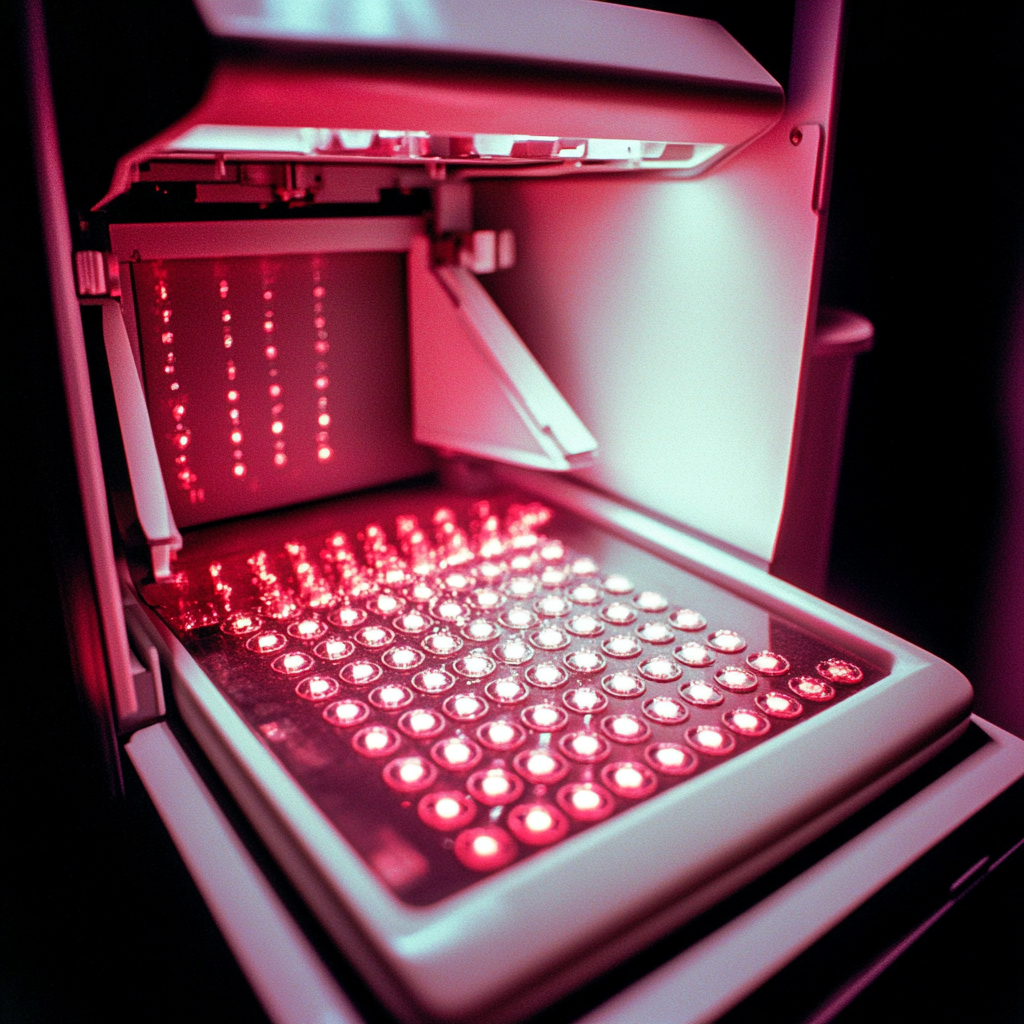Clinical Trial Overview
This study compares two methods for locating ground glass opacity (GGO) in the lungs during surgery: the Geometric Localization Technique (GLT) and the CT-guided Percutaneous Localization Technique (CPLT). The goal was to determine which method is more effective, safe, and accurate.
Study Details
A total of 455 patients diagnosed with pulmonary GGO were included in the trial. They were divided into two groups:
- GLT Group: 228 patients used the GLT method.
- CPLT Group: 227 patients used the CPLT method.
Results
The study found several key differences between the two methods:
- Successful Localization Rate: GLT achieved 99.6% while CPLT achieved 94.3%.
- Sufficient Resection Margin: GLT had a rate of 99.6% compared to CPLT’s 87.2%.
- Complications: The GLT group had no complications, while 17.6% of patients in the CPLT group experienced localization-related issues.
Conclusions
GLT is at least as effective and accurate as CPLT, with a significant safety advantage. This suggests that GLT may be a better choice for patients undergoing wedge resection for GGO.
Opportunities for Improvement
Based on the trial data, clinics can set clear goals such as:
- Increasing successful localization rates.
- Reducing complications related to localization.
Implementation Steps
To enhance clinical outcomes, consider starting with a pilot project using AI tools that fit specific clinical needs. Monitor results to assess the real-world impact of using GLT.
Contact Us
For AI solutions in medical management, reach out via:




























